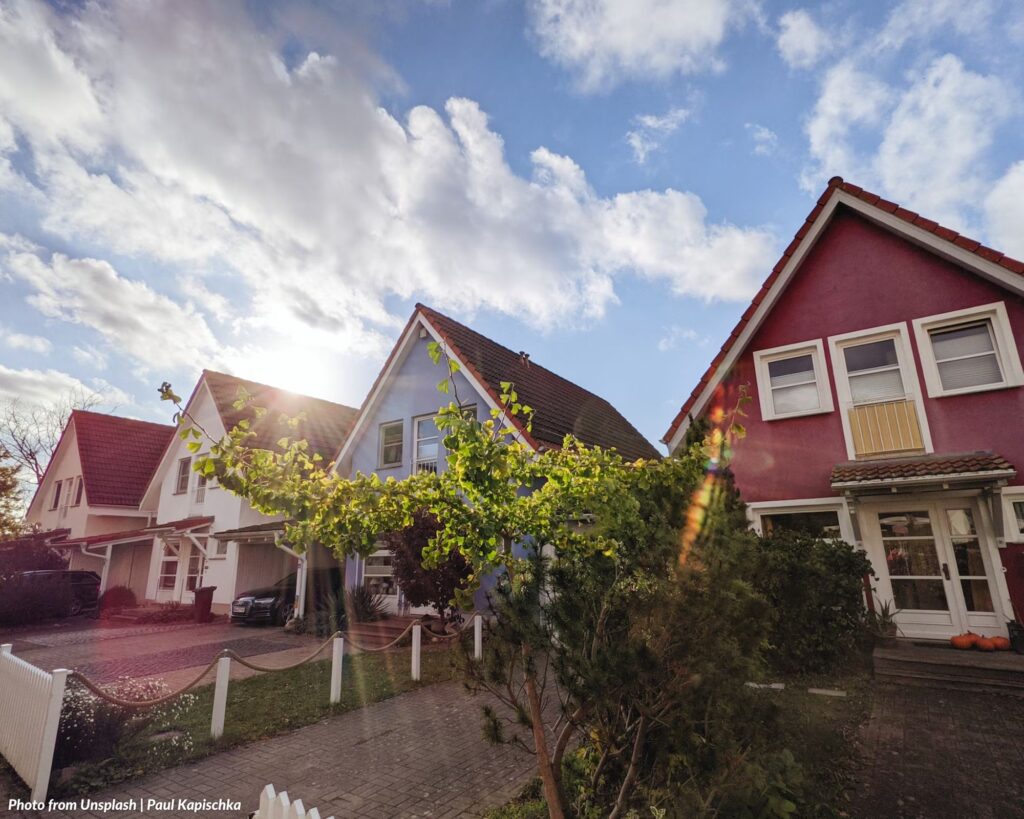
Photo from Unsplash | Paul Kapischka
The following post does not create a lawyer-client relationship between Alburo Alburo and Associates Law Offices (or any of its lawyers) and the reader. It is still best for you to engage the services of a lawyer or you may directly contact and consult Alburo Alburo and Associates Law Offices to address your specific legal concerns, if there is any.
Also, the matters contained in the following were written in accordance with the law, rules, and jurisprudence prevailing at the time of writing and posting, and do not include any future developments on the subject matter under discussion.
AT A GLANCE:
The family home qualifies as a deduction from the gross estate under the following conditions:
- The decedent is either married or the head of a family.
- The family home is the actual residential home at the time of death of the decedent.
- The residency of the decedent in the barangay where the family home is situated is established.
- The value of the deduction must be equivalent to the fair market value of the property or the decedent’s interest but not exceeding 10 million pesos.
The law says about family home:
Art. 152. The family home, constituted jointly by the husband and the wife or by an unmarried head of a family, is the dwelling house where they and their family reside, and the land on which it is situated.
Art. 153. The family home is deemed constituted on a house and lot from the time it is occupied as a family residence. From the time of its constitution and so long as any of its beneficiaries actually resides therein, the family home continues to be such and is exempt from execution, forced sale or attachment except as hereinafter provided and to the extent of the value allowed by law. (Family Code of the Philippines)
The law says about the deduction of the family home:
SEC. 86. Computation of Net Estate. – For the purpose of the tax imposed in this Chapter, the value of the net estate shall be determined:
(A) Deductions Allowed to the Estate of Citizen or a Resident. – In the case of a citizen or resident of the Philippines, by deducting from the value of the gross estate –
(7) The Family Home. – An amount equivalent to the current fair market value of the decedent’s family home: Provided, however, That if the said current fair market value exceeds Ten million pesos (P10,000,000), the excess shall be subject to estate tax. (National Internal Revenue Code)
The notion of a family home holds a significant place in the hearts of individuals and families. With this, the National Internal Revenue Code includes a provision allowing a family home as a deduction based on its fair market value. To enjoy this tax benefit, certain requisites must be met.
Requisites for Deductibility
- The decedent is either married or the head of a family.
This requisite means that in order for the family home to be considered for a deduction, the decedent must fall into one of two categories:
Married: This implies that the decedent was legally wed at the time of their passing. In this case, the family home deduction recognizes the importance of providing for the surviving spouse and any dependent family members.
Head of a Family: This refers to a person who, even if not married, assumes the role of being the primary provider and caretaker for the household. They are responsible for the well-being and support of their dependents, which can include children, parents, or other relatives.
- The family home is the actual residential home at the time of death of the decedent.
To qualify for deductibility, the family home must be actually occupied by the taxpayer and their family. This means that the property serves as the primary residence of the taxpayer, their spouse, and dependents.
- The residency of the decedent in the barangay where the family home is situated is established.
The Barangay Captain of the location where the family home is situated is required to provide certification confirming that the decedent was indeed a resident of that particular area. This certification serves as an important document to establish the decedent’s residency, supporting the eligibility for the allowable deduction related to the family home.
- The value of the deduction must be equivalent to the fair market value of the property or the decedent’s interest but not exceeding 10 million pesos.
The permissible deduction should match the present fair market value of the family home as declared in the gross estate, or the extent of the decedent’s interest, whichever is less, provided it does not surpass PHP10 Million.
Prohibition Against Multiple Deductions
The Tax Code explicitly prohibits the simultaneous deduction of the value of multiple-family homes. Only one family home, as declared by the taxpayer, is eligible for this deduction. This aims to prevent potential abuse or manipulation of the deductibility privilege.
The deduction aims to acknowledge the significance of the family home as a place of shelter, stability, and familial ties. By granting this deduction, tax laws aim to alleviate the potential financial burden on the surviving family members, ensuring they can continue to reside in the family home without facing undue tax liabilities.
Read also: The Family Home and its Consequences
Alburo Alburo and Associates Law Offices specializes in business law and labor law consulting. For inquiries regarding taxation and taxpayer’s remedies, you may reach us at info@alburolaw.com, or dial us at (02)7745-4391/0917-5772207.
All rights reserved.


